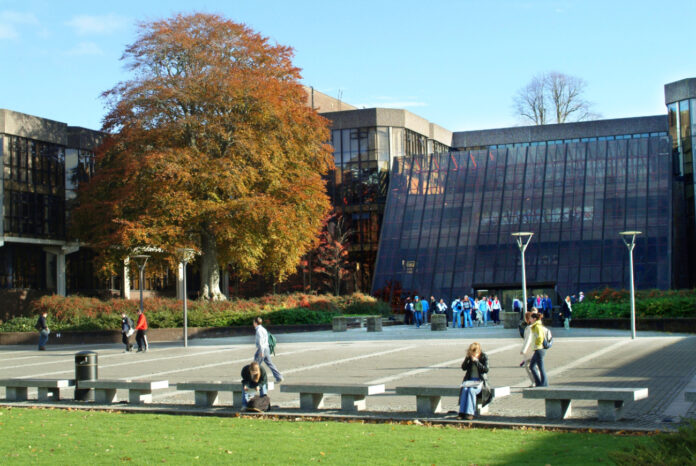
NEW UNIVERSITY of Limerick (UL) research has found that political polarisation can now extend to topics that are non-polarised or non-political.
A team of researchers from the university, led by Mike Quayle in the Department of Psychology, has shown how initially small differences in people’s preference on a given topic can be quickly amplified, often leading to stark divergences in world views.
The research was conducted using both laboratory experiments and agent-based (computer) modelling exploring social processes in simulated ‘mini-societies’.
The study’s main author, Dr Dino Carpentras, said: “Diversity of political opinions is a sign of a healthy democracy. In contrast, a splitting of societies into competing camps that progressively dislike each other often prevents agreement and can cripple political processes.”
“A key challenge for researchers who are interested in the dynamics of public opinion is to understand the underlying principles of polarisation.”
Dr Carpentras, a researcher in Computational Social Science, is a former Marie Curie Fellow at UL and is now based at ETH Zürich in Switzerland.
“The COVID-19 pandemic provides a vivid example for such processes, where, in some countries, the compliance with safety rules (for example wearing a mask) became a matter of political partisanship rather than one of health-related concerns,” Dr Carpentras explained.
“Obviously, finding reasonable common ground to coordinate solutions that are backed up by large parts of societies becomes difficult if not impossible when polarisation results in perpetual partisanship,” Dr Carpentras concluded.
The group analysed more than 2,000 interactions in an online experiment to uncover the basic principles of polarisation.
“A general pattern that we observed in our experiment was that people tend to be influenced by others regardless of whether they belonged to the same or to different political groups,” said Dr Adrian Lueders, one of the research team on the project.
The so-called ‘social influence effect’, however, was significantly stronger if people learned about the opinion of someone who had a similar political leaning, according to the researchers.


